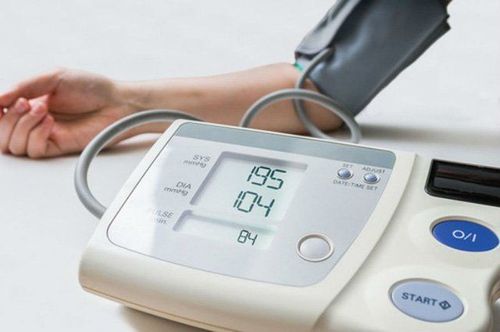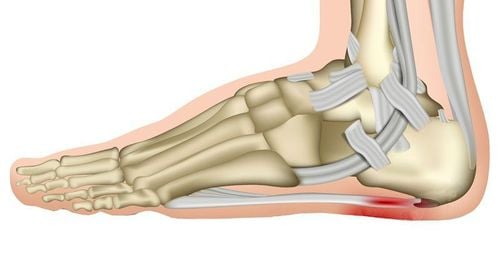Nội dung bạn đang tìm kiếm không có phiên bản tiếng Việt.
Vui lòng chọn tiếp tục để xem nội dung tiếng Anh hoặc đi đến trang chủ Tiếng Việt.
Rất xin lỗi về sự bất tiện này.

Home
Tag Post-operative care
Articles in Post-operative care

What is self-consumption?
Surgeons use sutures to close surgical wounds or incisions. The most popular type of suture is absorbable suture, which has the advantage of being soluble or absorbable and does not need to be removed. Although it has been widely used, the applications, monitoring and care of wounds sutured with absorbable sutures, whether absorbable sutures need to be removed... are still concerns of some people.
Xem thêm

Care of the incision after surgery
When returning home after surgery, wound care, ensuring that the surgeon's incision heals well and is not infected will contribute to the success of the surgery. It is even necessary to maintain the wound so that it heals quickly and achieves high aesthetics. To do so, it is necessary to know how to care for the surgical wound after surgery with some simple rules that anyone can do at home.
Xem thêm
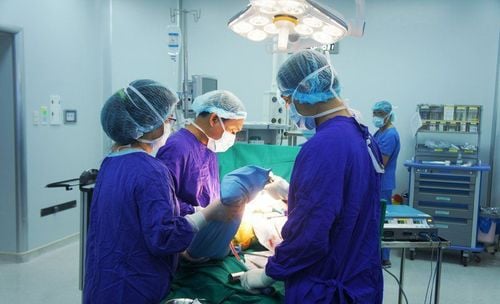
Reasons for fasting before surgery
Fasting is one of the familiar rules to prepare before surgery. However, not everyone knows why it is necessary to fast before surgery, how long before surgery is reasonable or how to fast. Hopefully the information below will be useful, helping you have the most thoughtful preparation before surgery.
Xem thêm
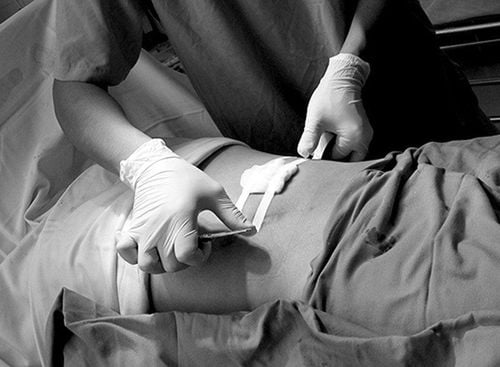
Use of antibiotics to prevent surgical site infections
Surgical site infection is considered a very common hospital infection today, occurring after a patient undergoes surgery to treat a disease. Surgical site infection causes adverse effects on the patient's health as well as prolongs the treatment time. Therefore, the use of antibiotics to prevent surgical site infection is extremely necessary to prevent this condition from occurring.
Xem thêm
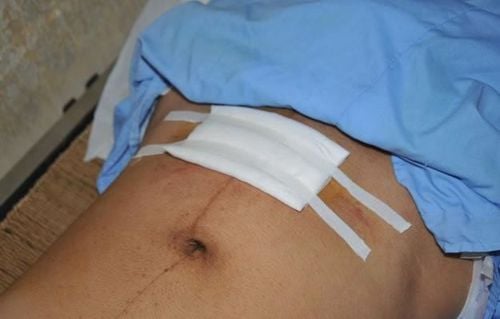
Prevention of surgical site infections
Surgical site infection is one of the common hospital infections. According to research in developed countries, about 5% of surgical patients suffer from surgical site infection. In Vietnam, the rate of surgical site infection is higher, up to 10.5%. Preventing surgical site infection is extremely important and necessary.
Xem thêm
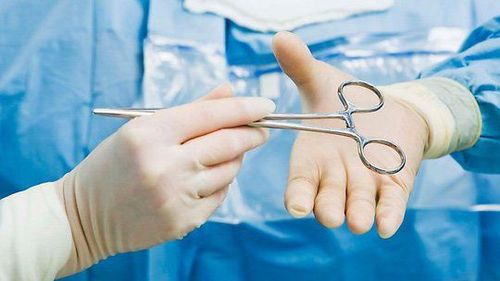
Classification of surgical site infections
Every year, the number of patients with superficial and deep surgical site infections is estimated at about 2 million people. This is the most common type of infection, with the largest number of hospital-acquired infections, and the treatment of superficial and deep surgical site infections also has different points.
Xem thêm

Surgical site infection: When is surgery needed?
Among hospital infections, surgical site infections are among the most common. In our country, about 10% of millions of surgeries have surgical site infections.
Xem thêm
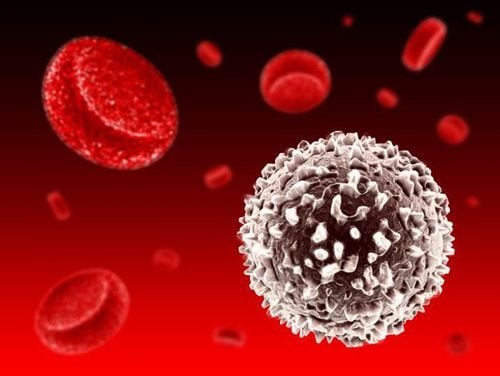
Risk factors for surgical site infection
Surgical site infection is a very common type of infection, occurring in large numbers and often recorded in hospital infections. In Vietnam, surgical site infection accounts for 5-10% of over 2 million people undergoing surgery each year.
Xem thêm
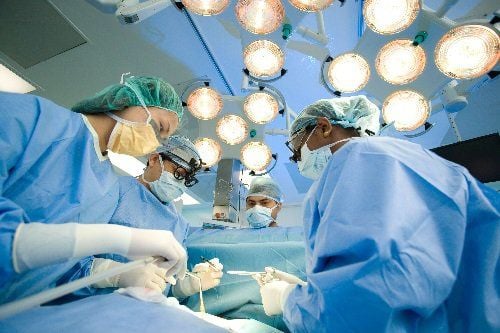
Bleeding after surgery: When is it dangerous?
Surgery is one of the surgical methods used to effectively treat a number of diseases. However, this is an invasive intervention, so patients often encounter many complications after surgery, including postoperative bleeding. Postoperative bleeding is a postoperative complication that doctors should not ignore, affecting the health and recovery of patients, so it should be treated immediately when this condition is detected.
Xem thêm

Caring for patients after brain surgery
Caring for a patient after brain surgery is similar to general care for neurosurgery patients. However, some brain surgery patients have specific requirements and care to ensure the body can recover as quickly as possible.
Xem thêm

Monitor recovery after surgery
After surgical procedures with sedation or anesthesia, patients are usually transferred to the recovery area for monitoring before being transferred to the ward. In some cases, they are transferred to the intensive care unit depending on the patient's condition and the nature of the surgery.
Xem thêm







